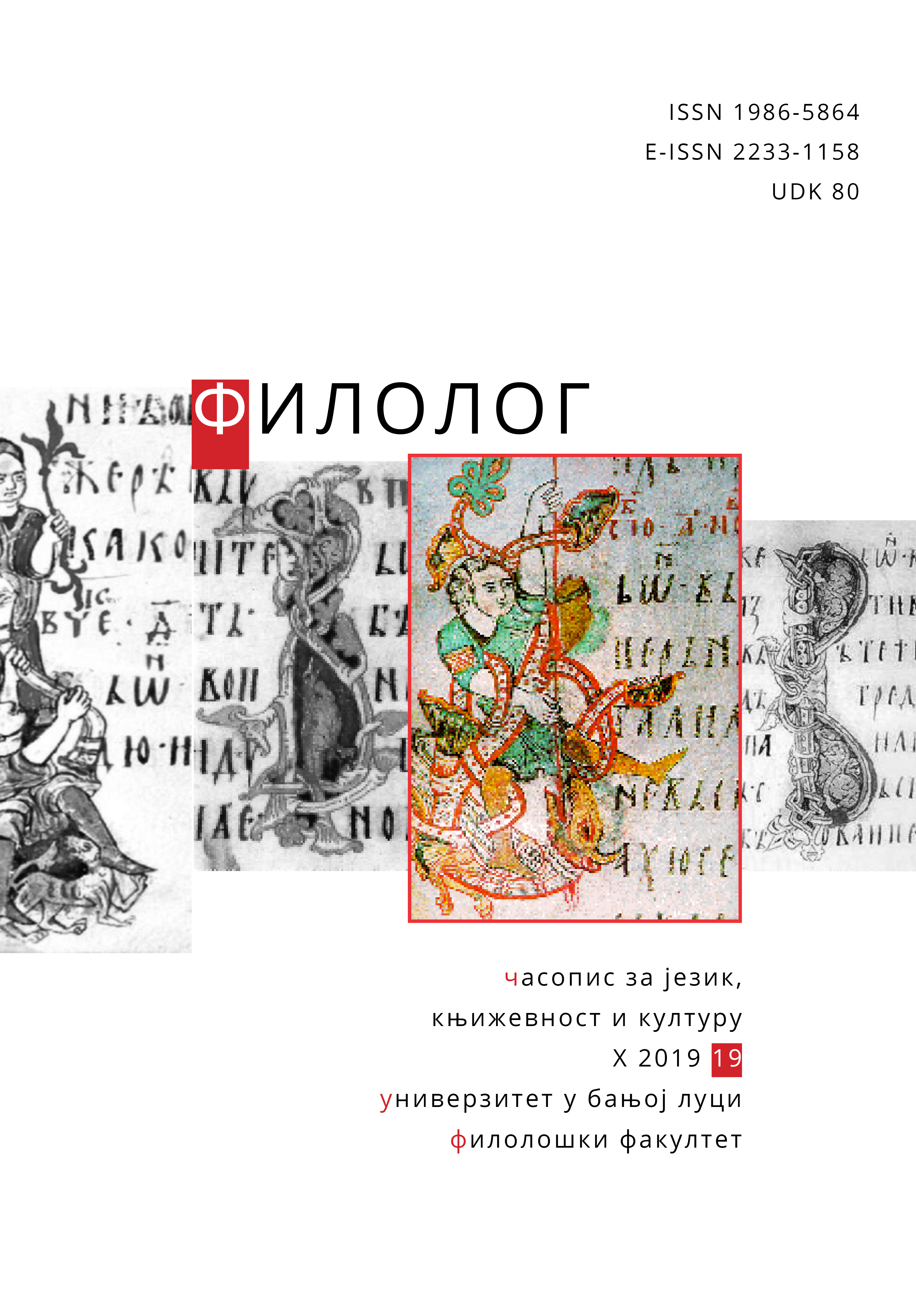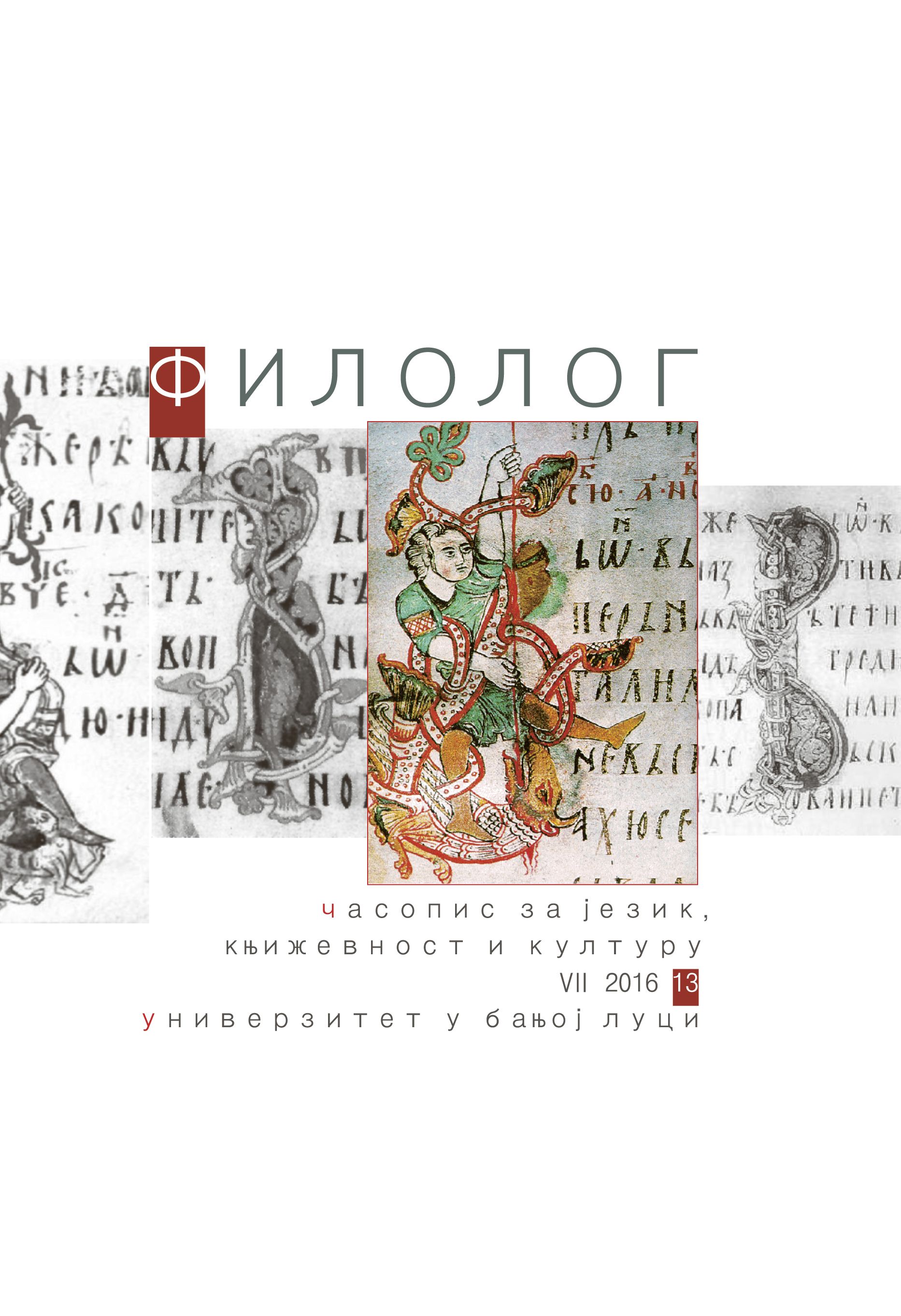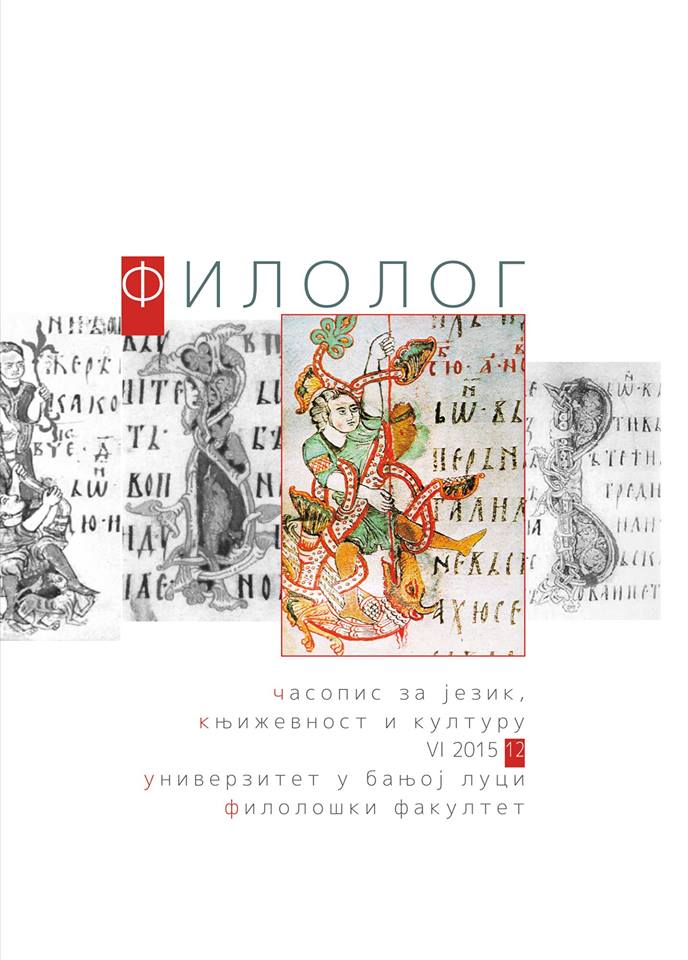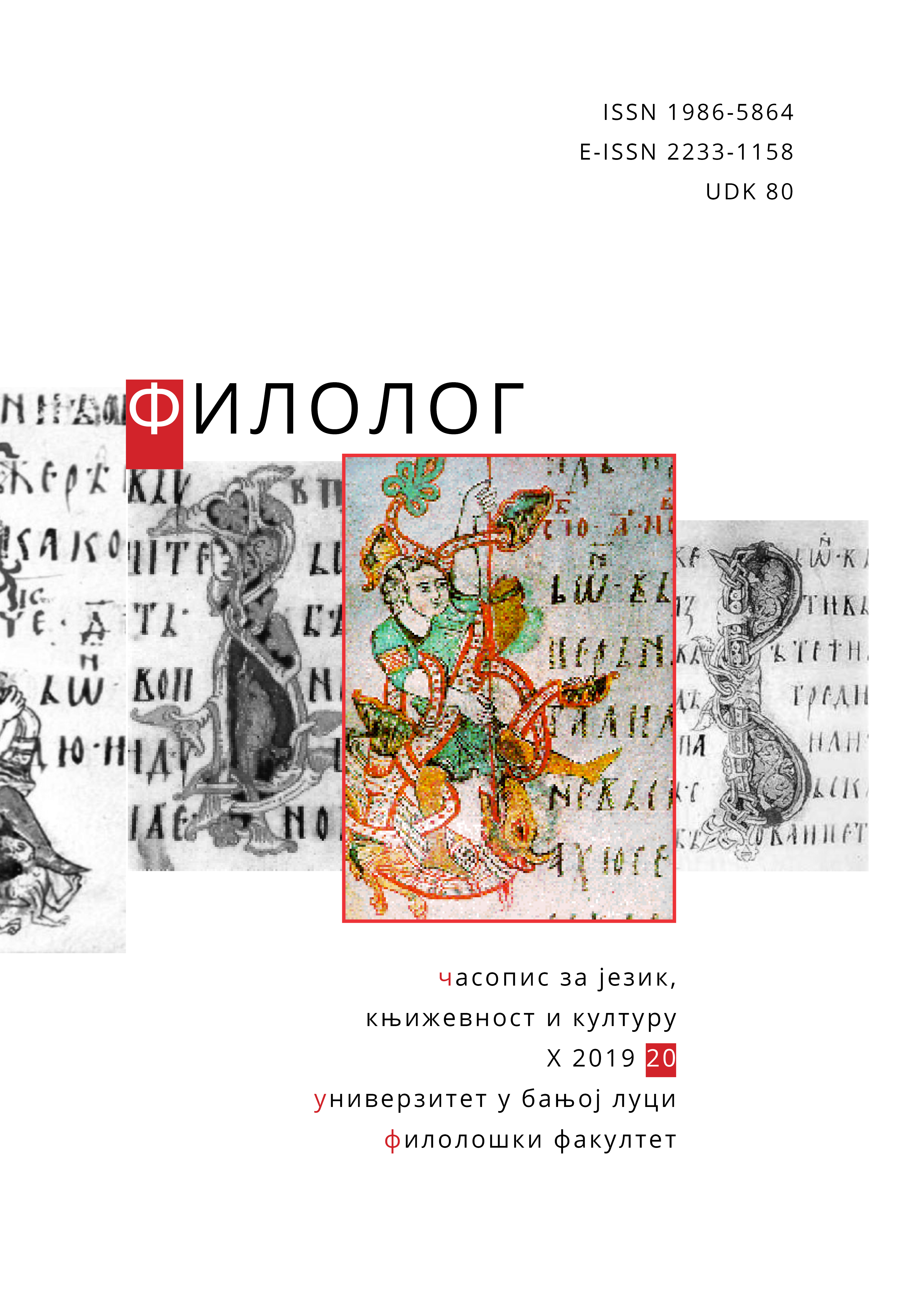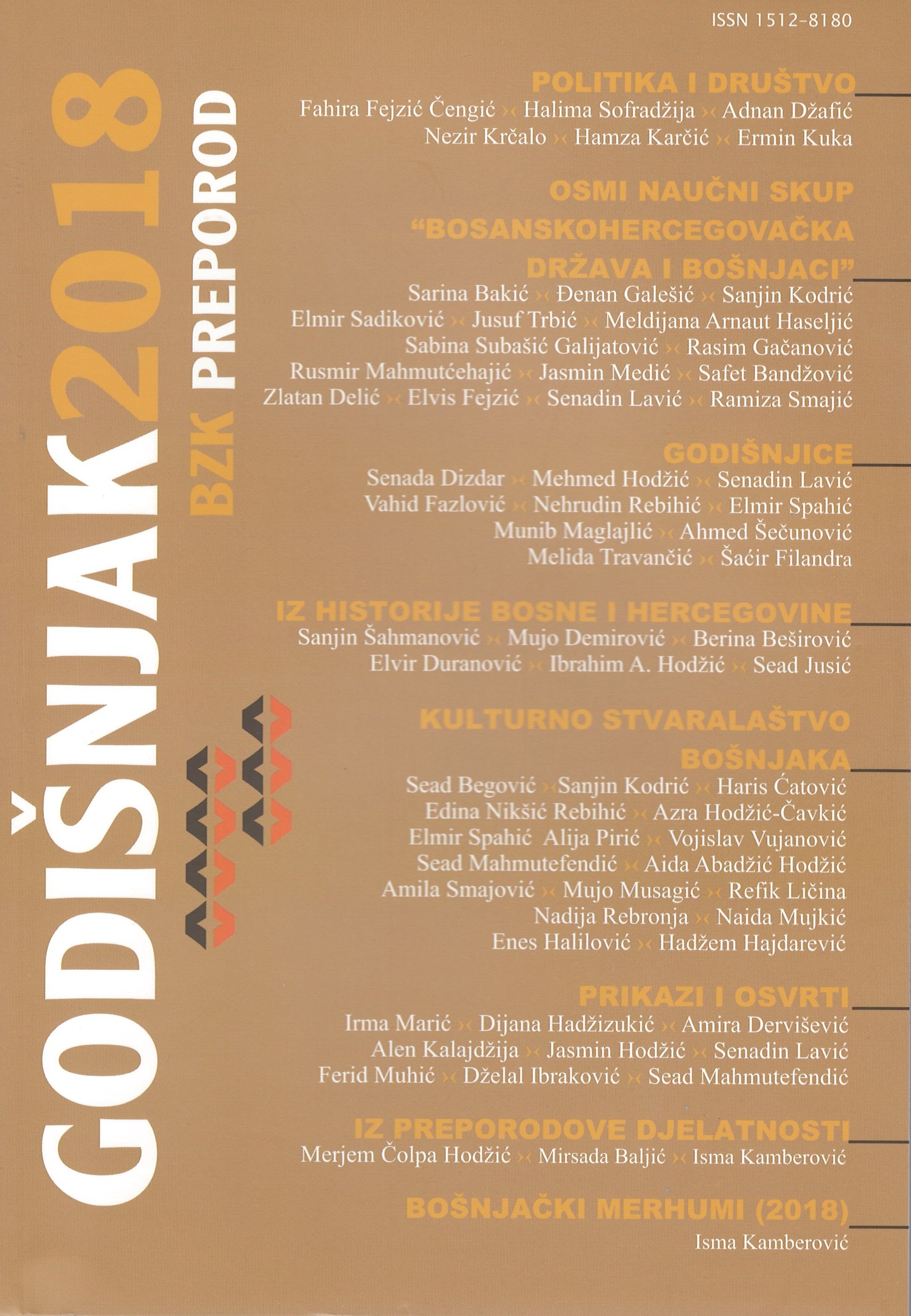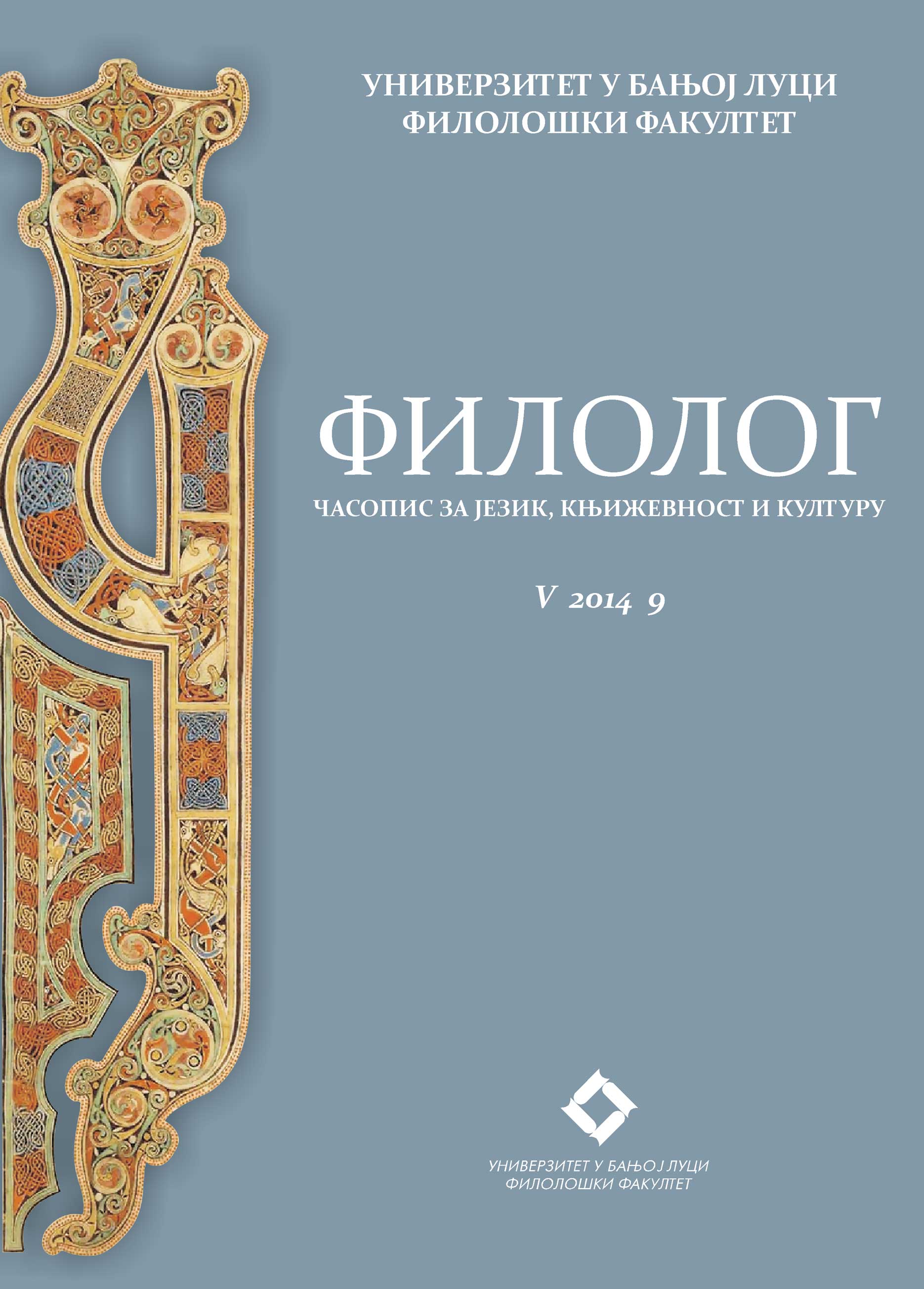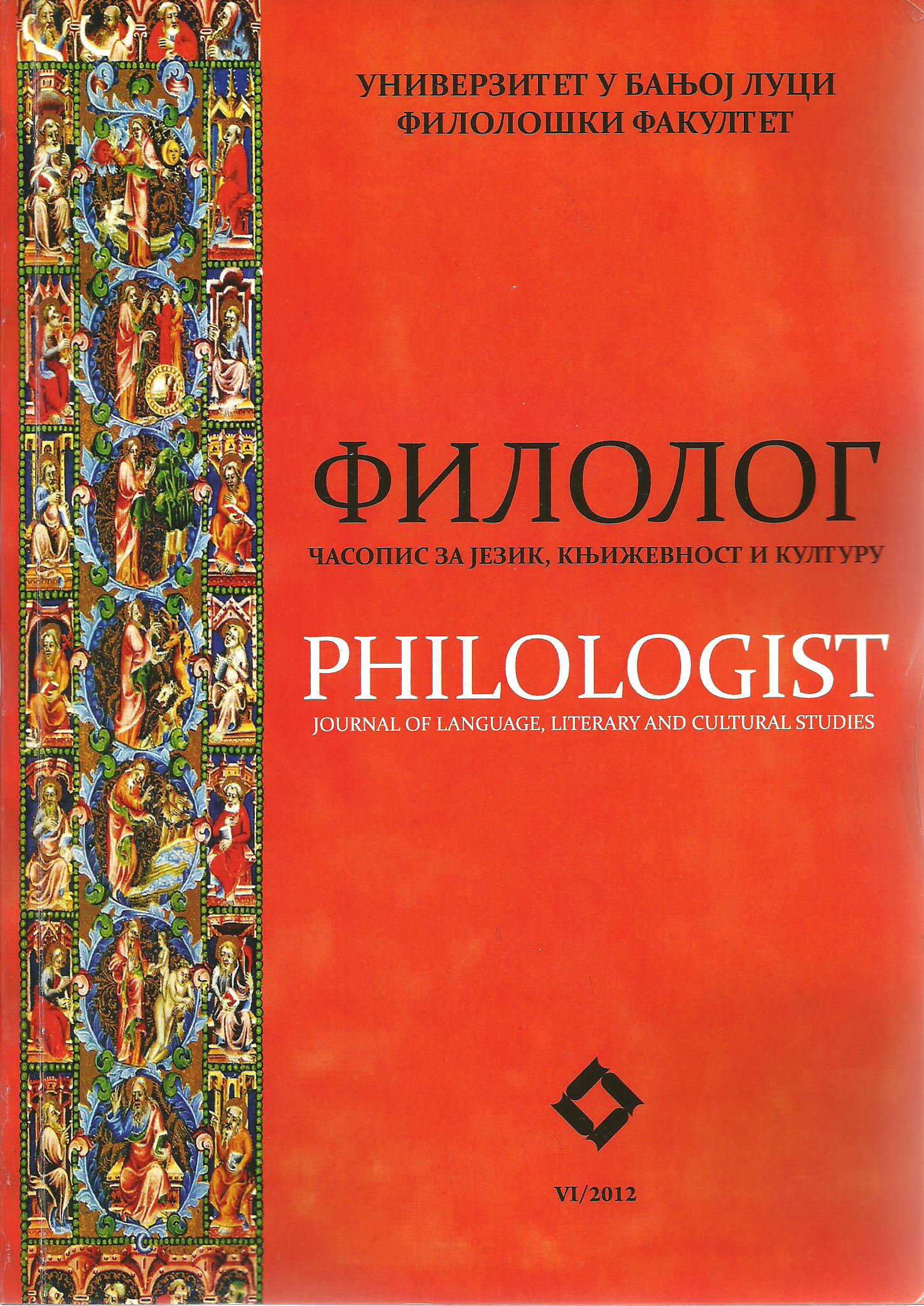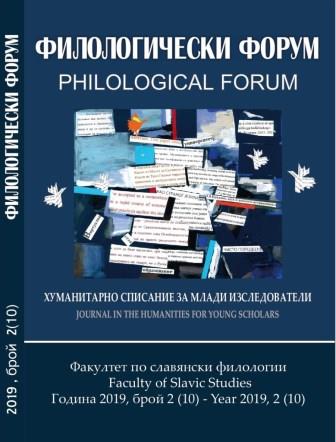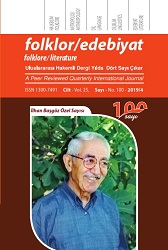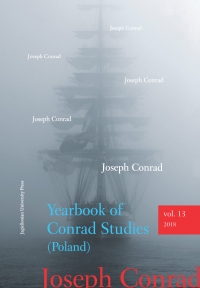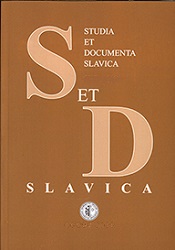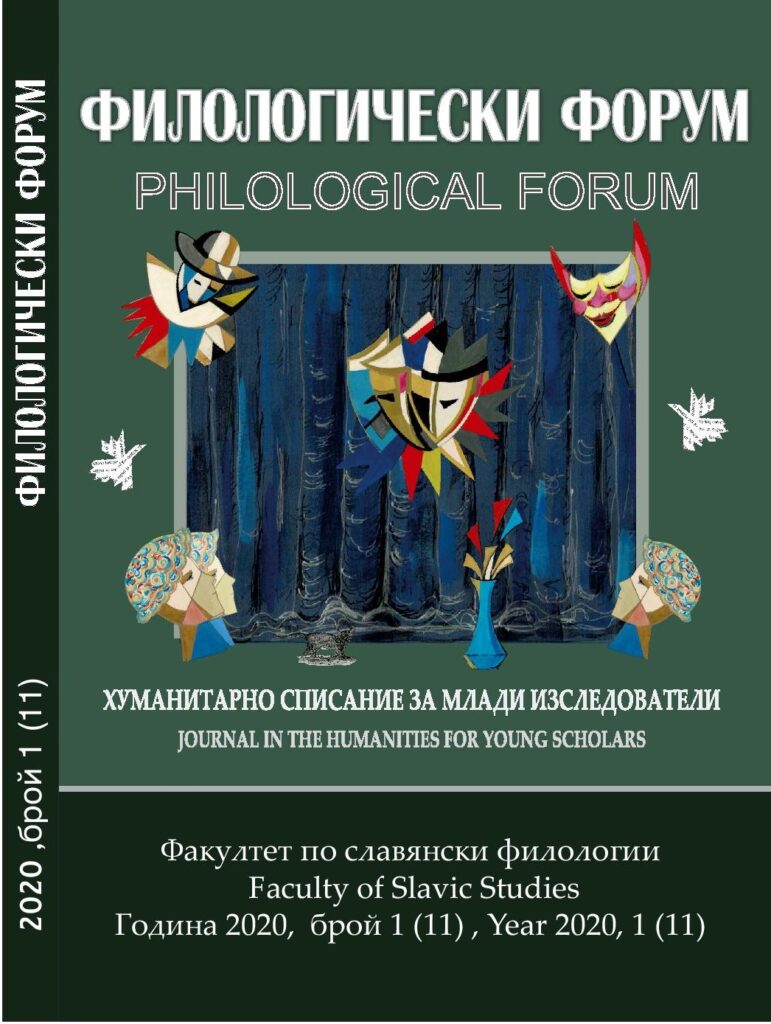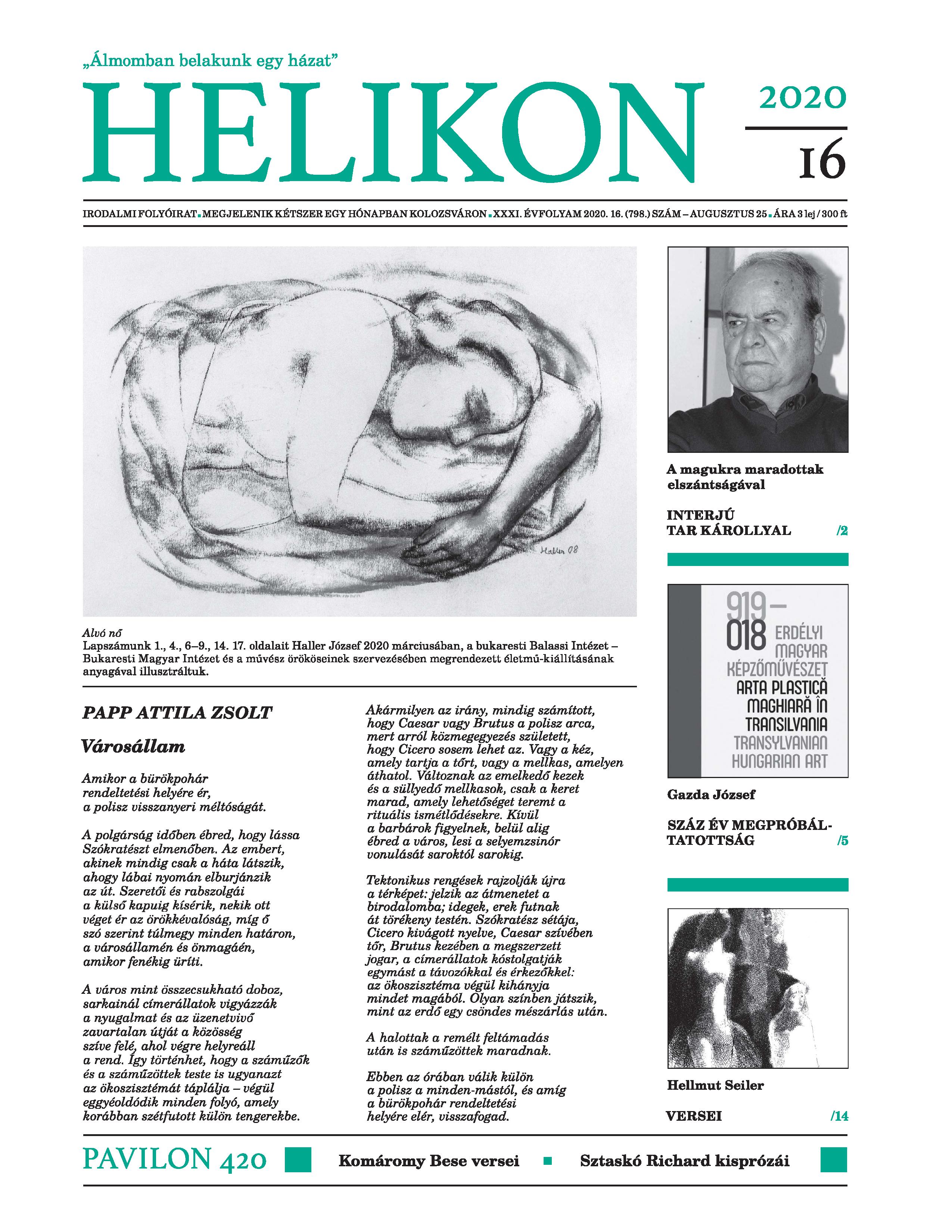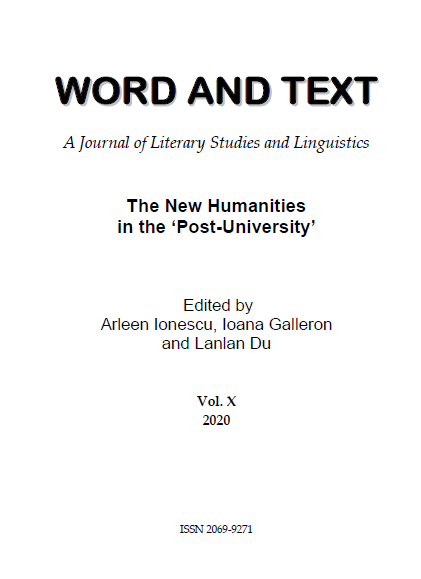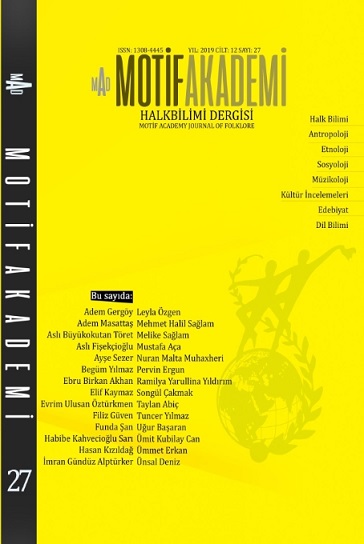
ARASÖZLER NASIL VE NEDEN KULLANILIR? KÖROĞLU DESTANI VE BEHÇET MAHİR ÖRNEĞİ
Digressions which appear during represantion of a traditional folk narrative are non-textual intervations to narrative by the performer and play an important role in the installation of the text. Digressions that are put forward by moving away from the main subjejct of the narrative are said to the occasion during the performance and are used by the narrator in a multipurpose way. However, digressions contain serious informations about both the narrative and the performer. They are particularly functional in determining the performer’s narrative profile. Because digressions are firsthand material provided by the narrator himself. The starting point of this research is that the digressions allow the analysis of narrative techniques and give serious clues about the world of thought. İn this study, the answer to question “How and why does a storyteller use digressions” is sought and for this purpose, Köoğlu Epic and Behçet Mahir‘s sample is emphasized. Because Behçet Mahir’s frequent use of digressions in his stories and typicalization of Köroğlu Epic in this way makes him and narrative valueable for this research.
More...
